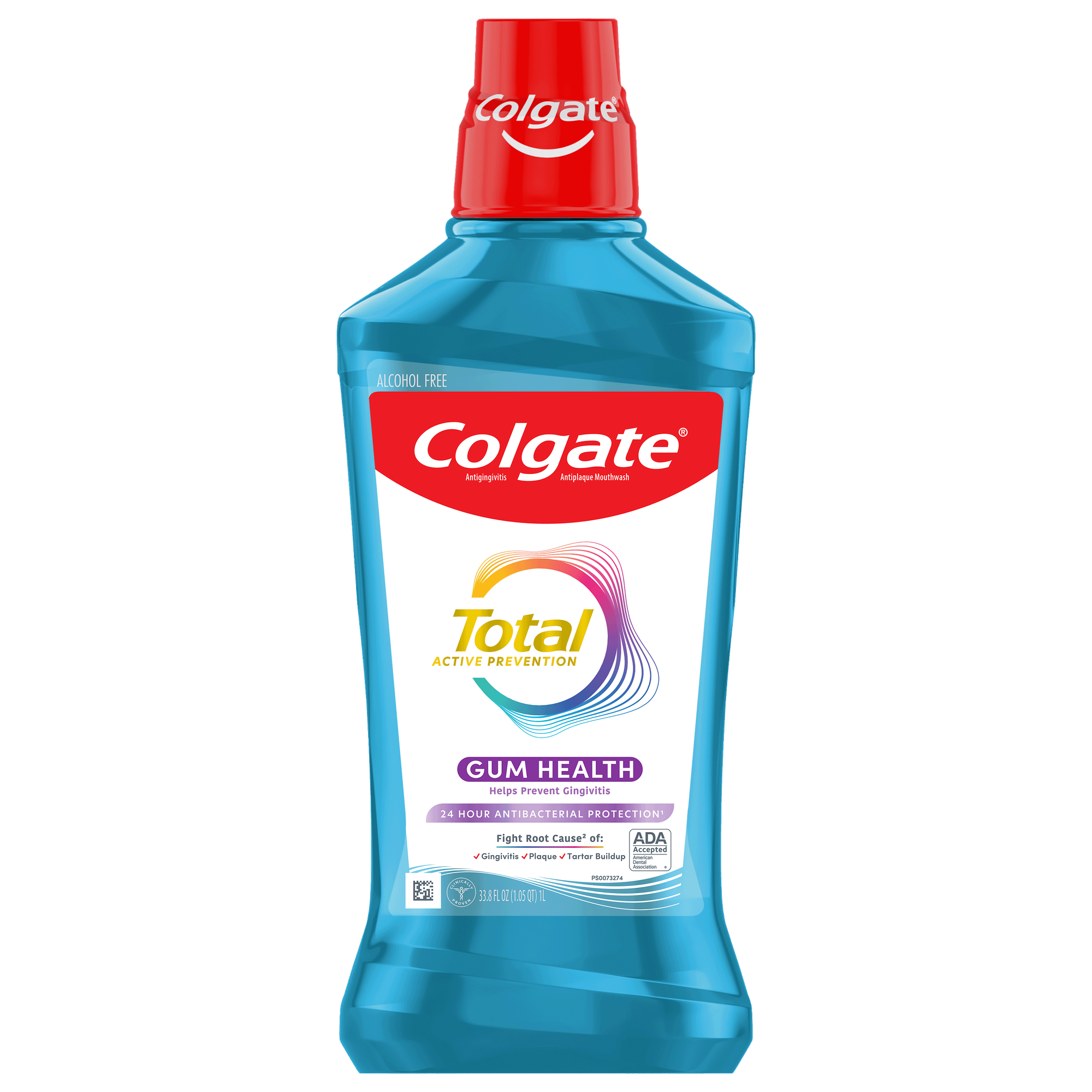Some people develop an operculum, and if it becomes infected, your dental professional may recommend an operculectomy to remove it. It might sound daunting, but an operculectomy is a minor surgical procedure. Learn more about it so you can know what to expect.
What is a Gingival Operculum?
Simply put, a gingival operculum refers to a flap of excess tissue covering a partially erupted tooth. You may also hear it called a pericoronal flap. This flap usually occurs on wisdom teeth, but it can happen around the base of any tooth that has not erupted completely. The flap of tissue may be hard to keep clean, and food debris and bacteria can become trapped in the area, causing inflammation.
This inflammation is clinically referred to as pericoronitis — or sometimes operculitis. When the operculum becomes infected, the tissue becomes swollen and painful. According to the International Journal of Dental and Medical Research, you may also experience pain during biting or swallowing, halitosis, bad taste, or discharge of pus in the area. Without treatment, complications can arise, leading to swelling in the face, swollen lymph nodes, and jaw spasms. All indicate the spreading of the infection into the throat and sinus cavities, which could be life-threatening. If you notice early signs of pericoronitis, contact your dentist immediately.
Operculectomy or Extraction?
So how can you treat a dental operculum? According to the Columbia College of Dental Medicine, a typical treatment plan begins by getting rid of the infection. The dental professional will flush away any food particles or debris trapped in the area. You may be prescribed oral antibiotics or an oral antibacterial rinse to help clear up the infection. They also may recommend over-the-counter pain relievers to manage the pain.
- Operculectomy might be right for you if... the wisdom tooth appears to be erupting normally. The dental professional will monitor the area to ensure the infection does not recur. Still, if symptoms return or become severe, they may recommend an operculectomy to remove the flap of gum tissue.
- Extraction might be right for you if... the wisdom tooth appears to be wholly or partially impacted. The dental professional may choose to remove both the upper and lower wisdom to prevent biting into the gum and causing further infection.
Operculum Removal Procedure
Your dentist may opt to perform the operculectomy or refer you to an oral surgeon. The procedure will help you clean the area more easily, reducing plaque buildup and helping prevent the return of inflammation and infection. Before the procedure, the dental professional will administer a local anesthetic to numb the area. They will then remove the flap on top of the tooth, usually with a scalpel or laser.
Suppose you are concerned about the operculectomy cost. In that case, the International Journal of Current Research states that removal by scalpel incision is "cheap, conventional, and effective." However, the scalpel may cause more bleeding and postoperative pain. Laser surgery — though more expensive — allows the dental professional to see the area more clearly. Plus, it allows for quicker procedures, less scar tissue, and better postoperative healing.
Operculectomy Aftercare Instructions
After the procedure, your dental professional may prescribe an antiseptic mouth rinse to help keep the area clean. You may also need to follow a soft diet and avoid smoking or eating hot foods while the area heals. Maintain a good oral hygiene routine to prevent plaque from accumulating in the area again, and follow any special instructions your dental professional provides. After about a month, the tissue should be back to normal.
If you notice a flap of the gum tissue over a partially erupted wisdom tooth or experience any of the symptoms listed above, see your dentist before it becomes inflamed or infected. A little extra attention to oral hygiene may be all that's needed to stay free of painful pericoronitis. However, if you need an operculectomy, know that it is a simple, short procedure that yields good dental health results.
Oral Care Center articles are reviewed by an oral health medical professional. This information is for educational purposes only. This content is not intended to be a substitute for professional medical advice, diagnosis or treatment. Always seek the advice of your dentist, physician or other qualified healthcare provider.
ORAL HEALTH QUIZ
What's behind your smile?
Take our Oral Health assessment to get the most from your oral care routine
ORAL HEALTH QUIZ
What's behind your smile?
Take our Oral Health assessment to get the most from your oral care routine















